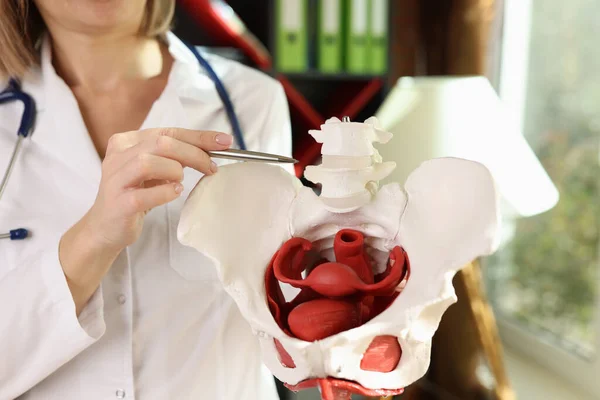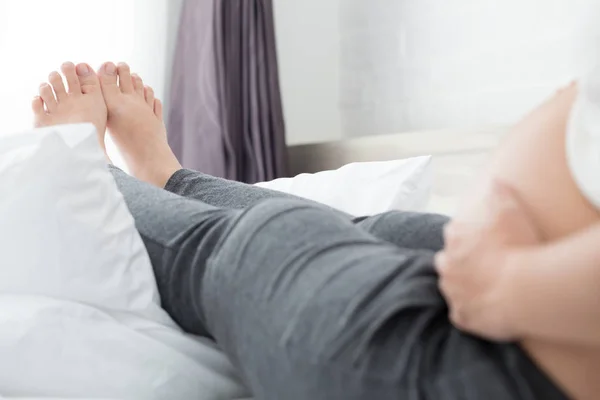Constipation is a common problem, affecting up to 32 % of people globally. It can be uncomfortable in itself, and often worsens many bladder, prolapse, and pelvic pain complaints. This is the reason I ask about constipation in all the women who come to see me with pelvic problems.
How do you know if you’re constipated?
Signs that you may be constipated include:
- Needing to strain more than a quarter of the time,
- Feeling that your bowel is not quite empty after using the toilet,
- Passing hard stools, or small hard pellets,
- Using your bowels less than 3 times per week,
- Faecal leakage, or diarrhoea as the bowel tries to compensate.
The Bladder and Constipation
Constipation means that larger amounts of stool are stored in the rectum than normal. This takes up more space in the pelvis than usual, and this in turn can place significant pressure on the bladder. Consequently, the bladder cannot fill to its usual volume and you may get an urge to pass urine much earlier than usual.
The Pelvic Floor and Constipation
The pelvic floor is a set of muscles and other supportive tissue that spans the underside of your pelvis from your pubic bone at the front to the tail bone at the back (see photo). Straining to empty your bowels can cause over-stretching of the pelvic floor muscles and weakness.
The Bowel & Constipation
Severe constipation can be a frequent cause of faecal leakage. The longer the stool sits in the bowel, and becomes backed up, the more likely watery faeces from higher up will flow around the outside of the hard stool. This can be mistaken as diarrhoea, and is common in all ages, especially children and older adults.
What should you do next?
You may be surprised to know that physiotherapy can help constipation. Getting the right advice about fluid intake, your activity levels, pelvic floor muscle function, diet and other factors can make a difference to your symptoms. If you have constipation, it is important to treat it.
Call our helpful front desk team on 6056 6616 today, and make an appointment to see Natasha, our Women’s Health Physiotherapist.





